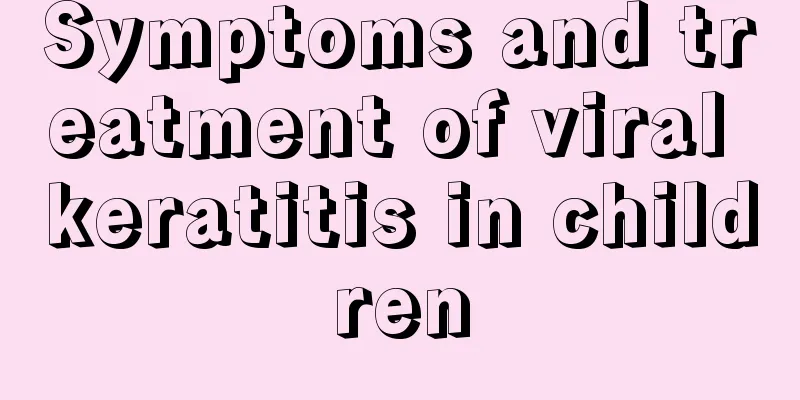How to judge whether the baby has indigestion

|
Indigestion is a common gastrointestinal symptom, and in many cases indigestion is a symptom caused by diseases of the small intestine, large intestine, and our stomach. If a person has indigestion, he may have stomach pain, a burning sensation in the stomach, or a burning sensation in the stomach after eating, or even nausea and vomiting after eating. Here we will introduce how to judge whether your baby has indigestion. The stool is green and watery, the frequency of stool increases, and the baby is in good spirits, which means hyperperistalsis of the intestines. This is hunger diarrhea, and the amount of milk should be increased. If the mental state is poor and accompanied by symptoms such as vomiting and fever, it may be viral enteritis. If the stool is foamy, contains grayish-white soap-like substances, and is creamy, it indicates fat indigestion and you should reduce the intake of oily foods. If the stool has a rotten sour smell and is foamy, it means that too much sugar or starch is causing indigestion, which should be reduced appropriately. If the stool has a strong odor and is not formed, it means that the protein decay has increased, that is, too much protein leads to indigestion. At this time, the amount of milk should be reduced. If your baby is in poor mental condition and is accompanied by vomiting, fever, or unusual color in his stool, you need to go to the hospital for examination as soon as possible. Without changing the amount or type of food, the baby's bowel movements are relatively regular, so when this pattern is broken, special attention should be paid. Under normal circumstances, babies who are exclusively breastfed have yellow or golden stools with a uniform consistency like a paste or slurry. Occasionally, the stools are thin and slightly green, with a sour but not smelly taste. The baby has 2 to 4 bowel movements a day. For children with indigestion, parents must pay attention to maintaining a balanced diet for both the child and you. The first thing is to ensure that the diet is nutritionally comprehensive and balanced. The second thing is to ensure that the diet contains rich fiber. If the child can eat by himself, he should be allowed to eat some fresh fruits and vegetables, and some cereals. When eating, he should be urged to chew slowly. |
<<: What are the symptoms of indigestion in children?
>>: What's the matter with the baby's nose having horizontal lines?
Recommend
Can baby eczema be treated with honeysuckle water?
Throughout history, people both at home and abroa...
How to treat white mouth sores in babies
If parents find that their baby is crying incessa...
What's going on with the small red pimples on the three-year-old baby's face?
Being a parent is a blessing. When you become a p...
Seven points to correct children's bad habits of picky eating
In daily life, many children have anorexia and pi...
How to treat children's rhinitis and nosebleeds
Children must pay attention to dietary adjustment...
Is rubella contagious in children? How to treat and prevent it?
Whether rubella in children is contagious, as wel...
Infant jaundice index and precautions
Nowadays, the incidence rate of newborns is getti...
How many times a day is normal for a baby to poop?
Every part of the baby's body deserves our at...
What to do if your eight-month-old baby crosses his eyes
We often see many newborn babies with crossed eye...
What causes redness around the child's mouth?
Children are more naughty and often have traces o...
What are some exercises suitable for children to lose weight?
Today, many families will have one child, and the...
What are childhood mental illnesses?
When it comes to mental illness, everyone will be...
Symptoms and treatment methods for baby egg yolk allergy
Egg yolks have high nutritional value and can pro...
How can children grow taller?
With the development of society, people's liv...
What to do if your baby is stung by a bee?
The baby's skin is very tender, so we need to...









